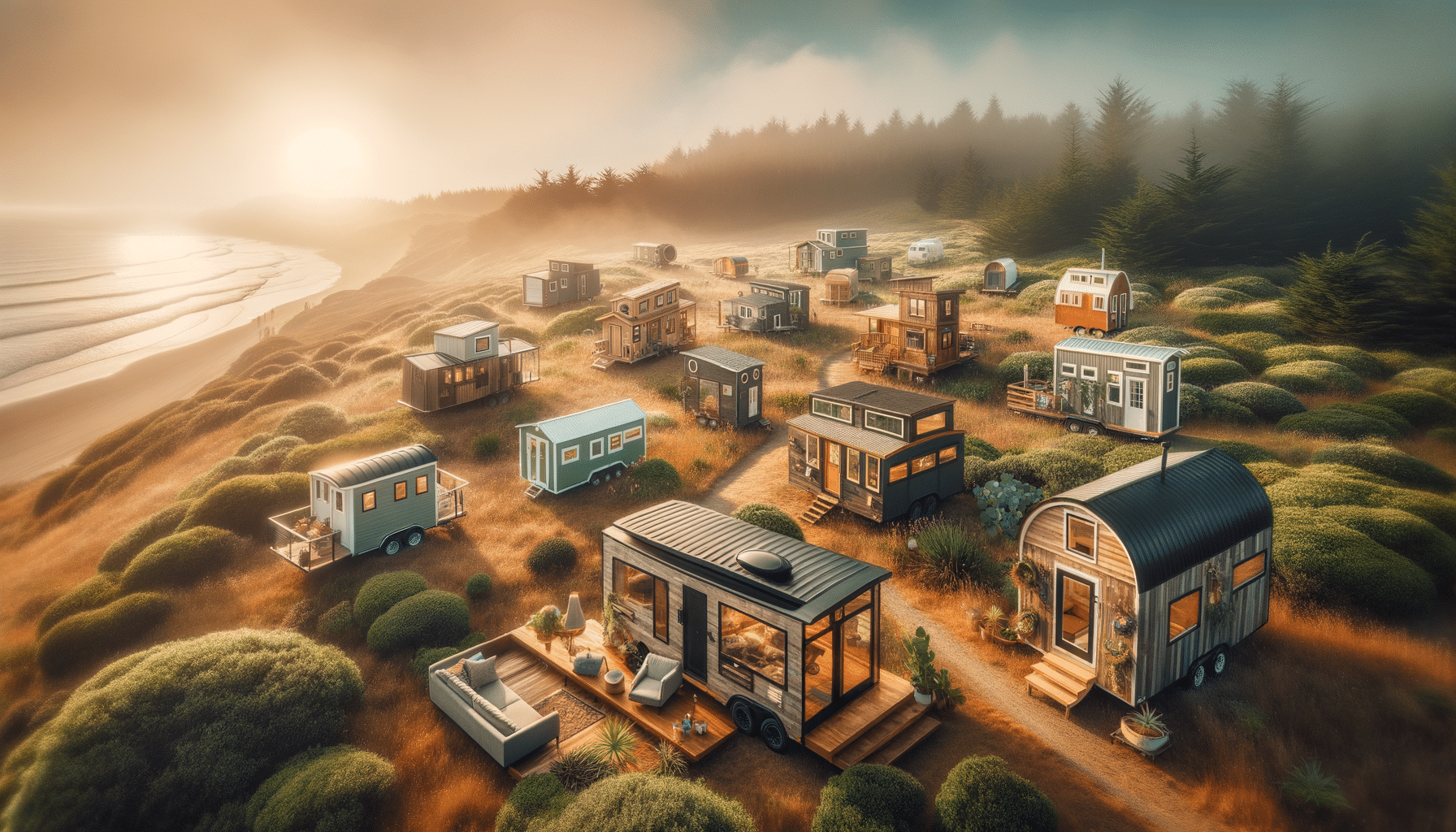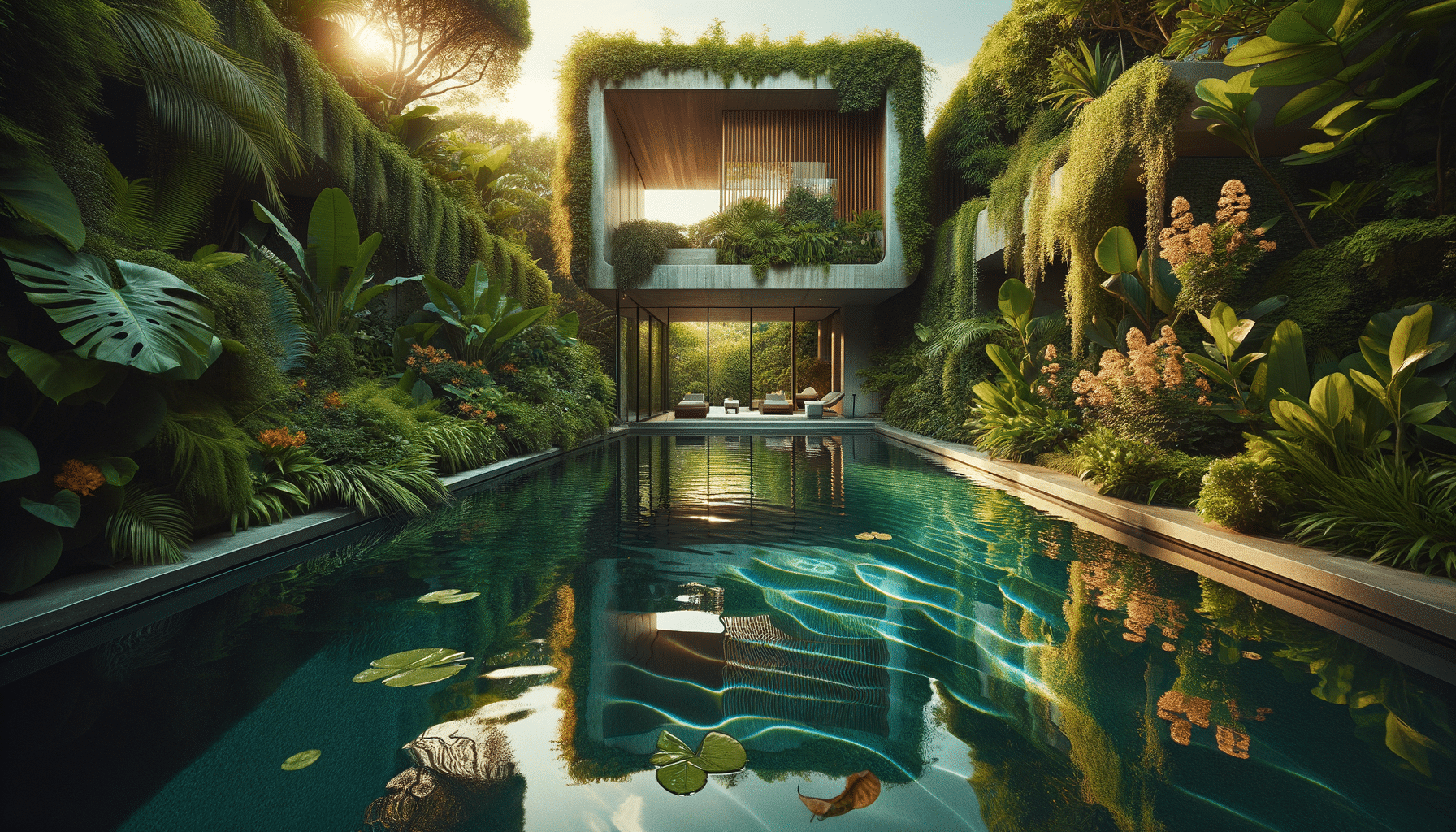
Exploring the World of Tiny Home Trailers
Introduction to Tiny Home Trailers
Tiny home trailers have emerged as a popular alternative living solution, capturing the imagination of those seeking a minimalist lifestyle. These compact dwellings offer a unique blend of mobility, sustainability, and affordability, making them an attractive option for many. The tiny home movement has been fueled by a desire to simplify life, reduce environmental impact, and embrace financial freedom. As more people look to downsize and declutter, tiny home trailers provide an innovative solution that aligns with these values.
In recent years, the trend of living in tiny homes has gained significant traction, with many individuals opting to trade in their traditional homes for a more compact and efficient living space. Tiny home trailers offer the freedom to travel and explore new places while maintaining the comforts of home. This lifestyle choice is not only about reducing physical space but also about embracing a new way of living that prioritizes experiences over possessions.
The Benefits of Tiny Home Trailers
One of the most appealing aspects of tiny home trailers is their affordability. With housing prices soaring in many areas, tiny homes provide a cost-effective alternative to traditional housing. The reduced size means lower costs for materials, construction, and maintenance, making it accessible for a wider range of people. Additionally, tiny home trailers can often be built or purchased for a fraction of the cost of a conventional house.
Another significant benefit is the environmental impact. Tiny homes are designed to be energy-efficient and often incorporate sustainable materials and practices. Many tiny home dwellers choose to use solar panels, composting toilets, and rainwater collection systems to further reduce their ecological footprint. By living in a smaller space, individuals consume fewer resources and produce less waste, contributing to a more sustainable lifestyle.
Furthermore, the mobility offered by tiny home trailers allows for a flexible lifestyle. Owners can relocate with ease, exploring different regions and adapting to changing circumstances without the constraints of a permanent residence. This flexibility is particularly appealing to those who value travel and adventure, as it provides the opportunity to live in diverse environments without the need for multiple properties.
Design and Customization
Tiny home trailers offer a wide range of design possibilities, allowing owners to customize their living space to suit their personal preferences and needs. Despite their small size, these homes can be equipped with all the essentials, including a kitchen, bathroom, sleeping area, and even a small living room. Creative design solutions maximize the use of space, ensuring that every square inch is functional and efficient.
Many tiny home enthusiasts employ innovative storage solutions, such as built-in shelves, foldable furniture, and multi-purpose fixtures, to make the most of limited space. The use of natural light through strategically placed windows and skylights can also enhance the sense of openness and comfort within a tiny home.
Customization extends beyond the interior, as tiny home trailers can be designed to reflect the owner’s style and personality. From rustic cabins to modern minimalist designs, the exterior of a tiny home can be tailored to blend with its surroundings or stand out as a unique architectural statement. This level of personalization ensures that each tiny home is as individual as its owner.
Challenges and Considerations
While tiny home trailers offer numerous advantages, they also come with their own set of challenges. One of the primary considerations is zoning and legal regulations. Depending on the location, there may be restrictions on where tiny homes can be parked or lived in. Potential owners must research and understand the local laws and ordinances before committing to this lifestyle.
Space limitations can also pose a challenge, particularly for those accustomed to larger living areas. Adjusting to a smaller space requires a shift in mindset and lifestyle, focusing on the essentials and minimizing clutter. This transition may not be suitable for everyone, especially those with large families or extensive belongings.
Additionally, the initial setup of a tiny home trailer can require a significant investment of time and resources. From selecting the right trailer and design to sourcing materials and construction, the process can be complex and time-consuming. However, for many, the rewards of living simply and sustainably outweigh these initial hurdles.
Conclusion: Embracing the Tiny Home Lifestyle
Tiny home trailers represent a growing movement towards sustainable and minimalist living. By offering affordability, mobility, and environmental benefits, they provide an attractive alternative to traditional housing. While there are challenges to consider, the opportunity to live a life focused on experiences rather than possessions is a compelling reason for many to embrace this lifestyle.
As the world continues to evolve, tiny home trailers offer a glimpse into the future of housing, where efficiency and sustainability are prioritized. For those seeking a lifestyle change that aligns with these values, tiny home trailers present a viable and exciting option.


